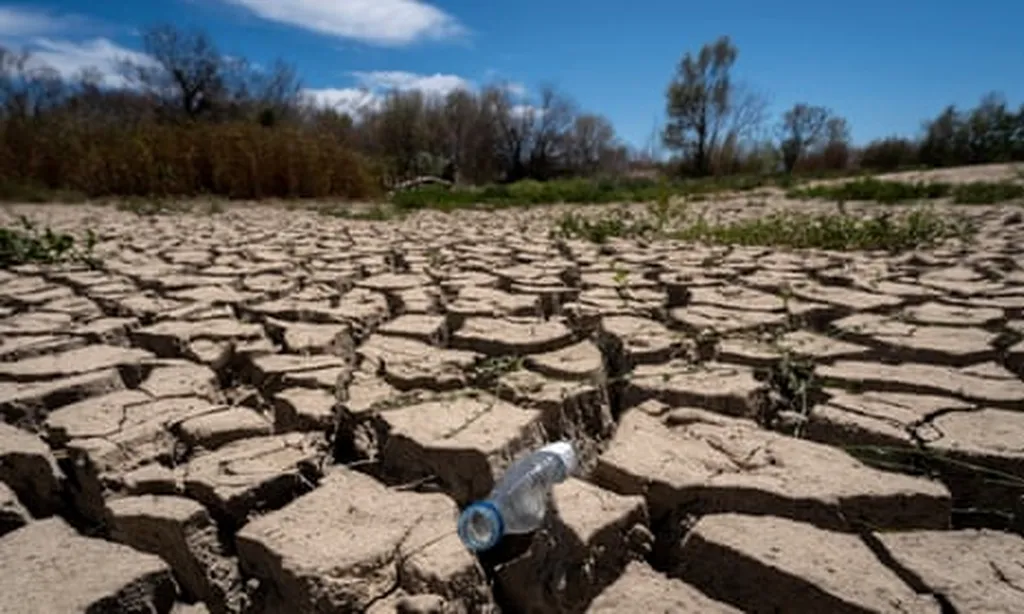In the sun-drenched landscapes of Spain, a silent crisis is unfolding, one that threatens not just the environment but also the economic backbone of the region. A recent study published in *Environmental Research Letters* (translated from Spanish as “Letters on Environmental Research”) sheds light on the precarious balance between water scarcity and economic stability, particularly for the energy sector. Led by Dr. Sergi Sabater from the University of Girona (UdG) and the Catalan Institute for Water Research (ICRA), the research underscores the urgent need for integrated water management strategies to safeguard both ecosystems and economic resilience.
Spain, with its Mediterranean climate, is a microcosm of the challenges faced by semi-arid regions worldwide. The country’s economy is deeply intertwined with water-dependent industries such as agriculture, tourism, and energy. However, increasing droughts and limited infrastructure are pushing freshwater ecosystems to the brink, leading to severe biodiversity loss and irreversible damage. “The interdependence between ecological and socioeconomic systems is strong,” explains Dr. Sabater. “When ecosystems suffer, so do the industries that rely on them.”
The study highlights a critical issue: investments aimed at increasing water-use efficiency often backfire. For instance, efforts to expand irrigation without real water savings can exacerbate the problem. This is particularly relevant for the energy sector, which relies heavily on water for cooling and other processes. As water becomes scarcer, the risk to energy production and distribution grows, potentially leading to economic instability and public health risks.
Climate change, urbanization, and pollution further complicate the situation. These factors not only strain water resources but also increase the vulnerability of ecosystems. Dr. Sabater emphasizes the need for transformative strategies, including protecting and restoring ecosystems, promoting conservation agriculture, and regulating water-intensive industries. “We need collective responses to illegal water use and a systemic change in how we manage water demands,” he asserts.
The research suggests that simply increasing water supply or reacting to crises without systemic change will not ensure future water security. Instead, an integrated management approach that considers both natural and human systems is crucial. This approach could involve innovative technologies, policy reforms, and community engagement to ensure sustainable water use.
The implications for the energy sector are significant. As water scarcity intensifies, energy companies may face increased operational costs and regulatory pressures. However, proactive measures such as investing in water-efficient technologies and participating in ecosystem restoration efforts could mitigate these risks. Moreover, collaboration between the energy sector and environmental stakeholders could lead to more resilient and sustainable practices.
Dr. Sabater’s research serves as a wake-up call for policymakers, industry leaders, and communities. The findings published in *Environmental Research Letters* underscore the urgent need for action. As Spain grapples with these challenges, its experience offers valuable lessons for other regions facing similar water scarcity issues. The path forward requires a holistic approach that balances economic needs with ecological sustainability, ensuring a secure and resilient future for all.

